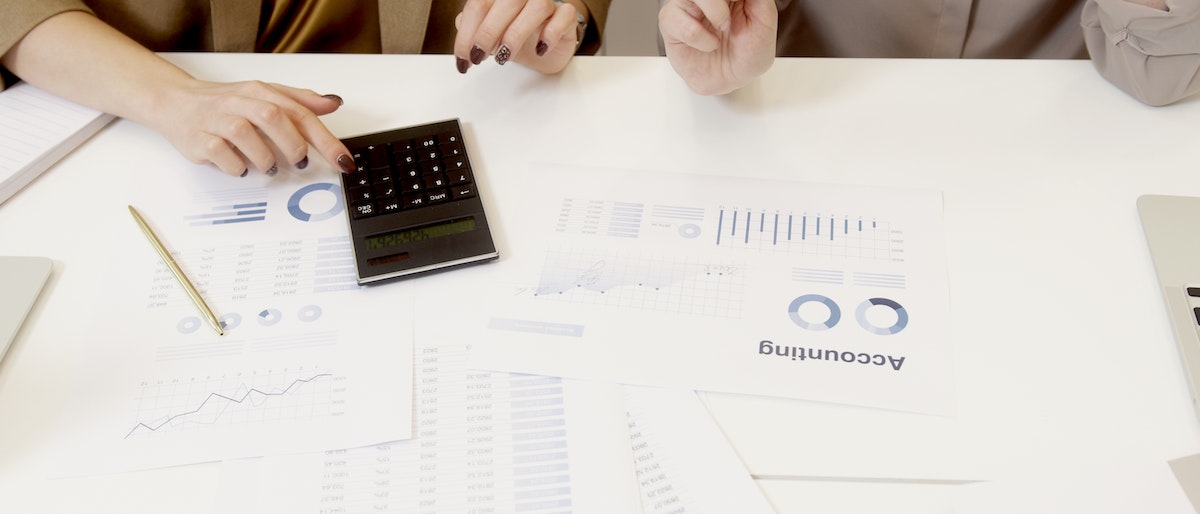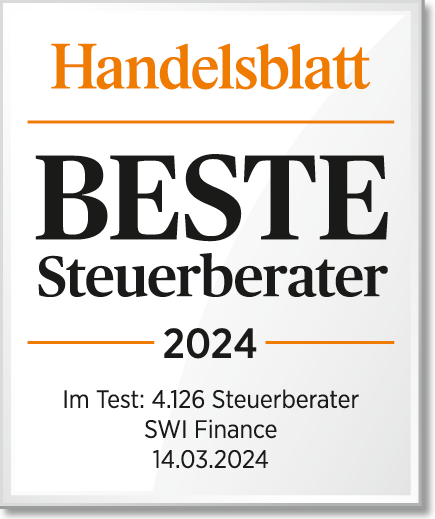- Company
- International tax law
- Design & documentation of transfer prices
- Use of tax losses from home and abroad
- Annual financial statements - used strategically correctly
- Immigration step-up, a company moves to Germany
- Tax liability for sole proprietorships and partnerships
- Tax liability for Swiss corporations
- Permanent establishment
- Taxes in China
- International sales tax
- International employees
- Differences in labor law, tax law, social security law
- Working in the home office international
- Tax liability of employment income according to DTA
- Income tax for cross-border commuters, domicile abroad, without an employment contract
- Working in the employer's business premises
- Shares in partnerships and corporations
- Company formation/start-up
- Management consultancy
ServicesWith our work, we help our customers create long-term value and support them in growing responsibly and shaping digital change. We rely on data and the latest technologies in our services. - International tax law
- private customers
- Living & working abroad
- EU-Germany-Switzerland
- Taxation of the earned income of EU foreigners in Switzerland
- Tax liability in Switzerland
- Is it worth moving to Switzerland?
- Cross-border commuters between Germany and Switzerland
- 60-day rule in the DBA Germany-Switzerland
- Managerial staff Germany-Switzerland
- Income as a director
- Child benefit in cross-border cases
- Swiss AHV system / income tax
- Additional taxation between Germany and Switzerland
- Taxation in the digital world
- Life in China
- Purchase and financing of land, defense against enforcement
- Family & inheritance law, inheritance tax
IndustriesWith our work, we help our customers create long-term value and support them in growing responsibly and shaping digital change. We rely on data and the latest technologies in our services. - Country overview
CareerWe bring exceptional talents together to advance things together and make them significantly better.
- Rates
- office software
- Contact
- Blog
Menu







